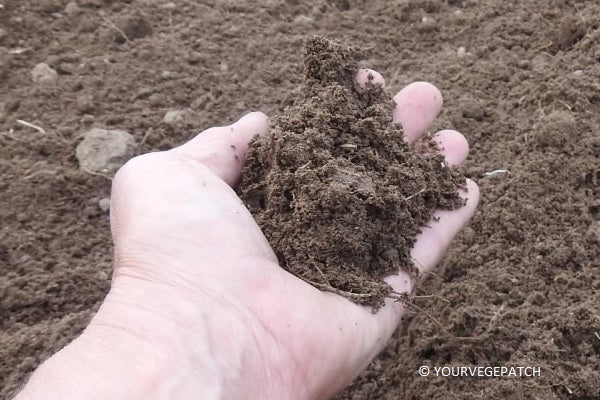The most important component to any successful vegetable garden is the dirt!
The soil provides the nutrients to the plant and bland soil will provide bland plants, poisoned soil will provide poisoned plants! What is in your soil?
Recently its been identified that backyard chicken eggs contain large amounts of lead, does your soil contain lead? How do you even test for this? Unless your will to send your soil to be laboratory tested at a cost of $500-$2000, its out of reach of most backyard farmers.
So what do you do? Look back through history! When was your house built, could it have been painted previously with lead paint?
Lead can occur in soil naturally but it was widespread and started being phased out during the 1970s. Soil contamination has mainly come from lead paints and petrols. It was basically everywhere! As paint ages, it can flake off and leave behind tiny debris that can integrate into soil. Car exhaust from leaded petrol could have also contaminated soil with lead, especially if the soil was located next to a particularly busy roads. Even though lead gasoline was phased out in the 1990s, lead can still be present in the soil.
While lead does not bioaccumulate in plants, it does hold very tightly onto clay or organic matter and, unless disturbed, is found in the top 1-2 inches of soil. This means that produce that grows lower to the ground, like root vegetables or leafy greens, might be covered in lead-contaminated soil.
So the best way to avoid contaminated soil for inner city vege gardens, is to use raised soil beds, and bring in clean, organic non-contaminated soil and grow your vegetables and herbs in that.
If your concerned then we recommend carefully removing the tops 20-30cms of soil and then starting from there.
Here at YourVegePatch in the Lockyer Valley we are blessed with great soil which hasn't been farmed with pesticides, fungicides or herbicides like most farms in growing your fruit and vege. This makes growing organic and pesticide fruit and vegetables easy, but we do still have our challenges.
We will have lots more articles on soil so subscribe to stay tuned to ways you can grow a healthy organic vegetable garden.

